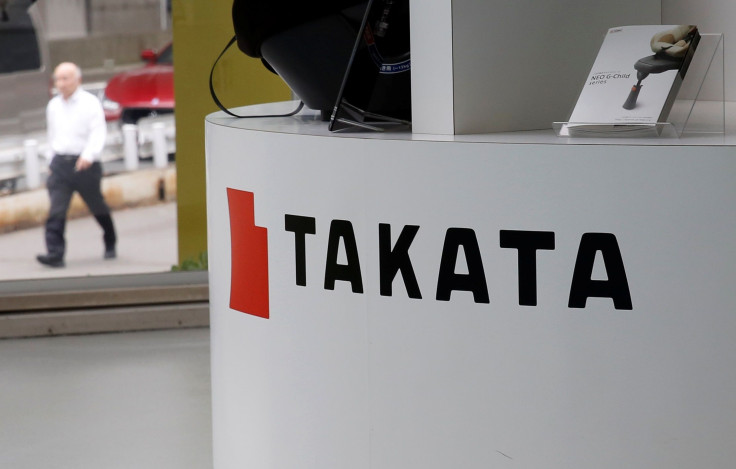Takata Air Bag Recall: US Confirms 11th Death Over Defective Inflators

Takata Corp.'s ruptured air bag inflator became the reason for the 11th death in the United States, authorities said Thursday, as the Japanese company faces the largest ever auto safety recall. A 50-year-old woman died after a car wreck in Riverside County, California, the National Highway Traffic Safety Administration (NHTSA) confirmed.
At least 16 deaths are now linked to the defect, including five in Malaysia. The incidents prompted the recall of nearly 70 million Takata air bags in the U.S. alone, while the number across the world stands at around 100 million.
The woman has been identified as Delia Robles, who was driving a 2001 Honda Civic. This is the first U.S. death reported from a Takata inflator since a 17-year-old high school senior died in Texas in March in a moderate speed crash.
About 11.4 million inflators in the U.S. have been fixed so far, leaving more than 20 million unrepaired. The company’s air bag inflators contain ammonium nitrate that can deteriorate over time when exposed to moisture and high temperatures. The defective air bags lack a chemical drying agent that prevents them from getting damaged. Excessive internal pressure to the air bags can cause the inflators to burst, causing metal fragments from inside to puncture the air bags and the spray of metal pieces leading to injury or death.
In a statement Thursday, Honda said that more than 20 recall notices were sent over nearly eight years to registered owners of the vehicle, which has been linked to the deadly California crash and involved in multiple recalls, but its records indicate the vehicle was never repaired.
In June, NHTSA urged owners of 313,000 older Hondas and Acuras to get them repaired before driving them, after new tests found that their Takata inflators are extremely dangerous. Company spokesman Chris Martin reportedly said that about 300,000 of the vehicles have not been repaired, and that the owners have been difficult to reach.
The NHTSA fined Takata $70 million in November for failing to issue an alert to the regulators regarding the defects in time.
© Copyright IBTimes 2024. All rights reserved.




















